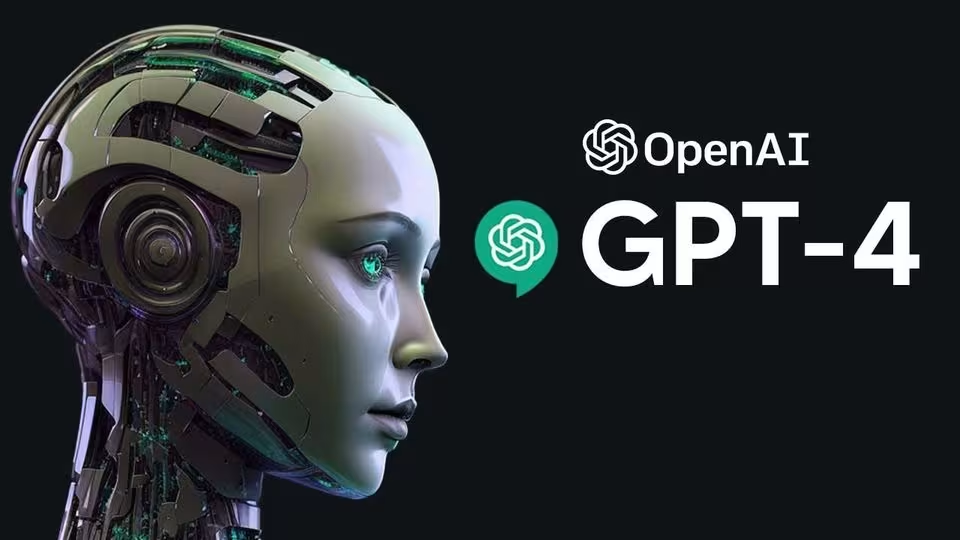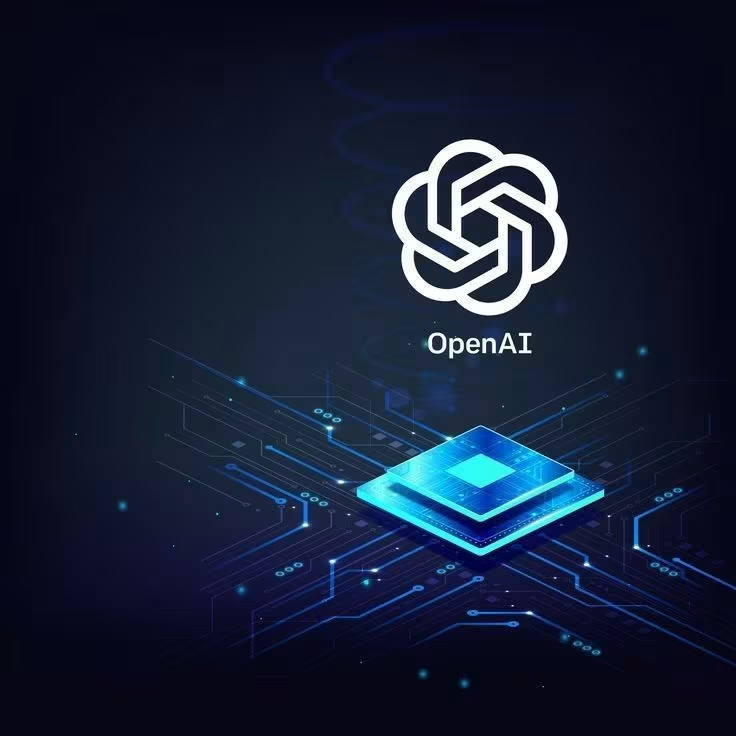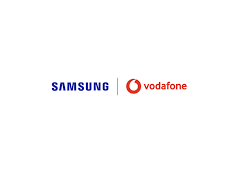OpenAI Just Dropped a Game-Changer: Meet ChatGPT Atlas, the Super-Assistant Browser
OpenAI, the team behind the world-conquering chatbot, ChatGPT, isn’t just content with dominating the AI conversation. They’re making a bold move into your daily digital life with the launch of ChatGPT Atlas, an AI-powered web browser that completely rethinks how we navigate the internet.

Launched on Tuesday, October 21, 2025, for MacOS users, Atlas ditches the old-school address bar to put the ChatGPT experience directly at its core. This isn’t just a browser with a chatbot plugin—it’s a fundamental shift, positioning Atlas as a direct and serious rival to the current industry giant, Google Chrome.
Why Atlas is a ‘Super-Assistant’ (and Not Just a Browser)
ChatGPT Atlas aims to be your digital super-assistant, seamlessly integrating AI into every step of your browsing journey.
Context-Aware Assistance: You no longer need to copy, paste, or switch tabs to ask ChatGPT about the page you’re viewing. Atlas enables direct, context-aware interaction while you browse, making research and information analysis instantaneous.
Paid Agent Mode (For Power Users): Users on Plus, Pro, and Business plans unlock “Agent Mode.” This premium feature allows ChatGPT to actively perform searches, automate tasks, and analyze information based on your browsing context. Imagine asking your browser to “Summarize the key takeaways from the last five articles I read on this topic,” and it instantly delivers.
Browser Memories (Personalized AI): Users can opt-in to “Browser Memories,” allowing ChatGPT to remember context from past sites. This makes the AI “smarter and more helpful” over time, tailoring its assistance to your specific world. You remain in control, with the ability to delete history and manage stored data.
The Digital Showdown: OpenAI vs. Google
OpenAI’s entrance into the browser market is the clearest sign yet of the escalating AI arms race between it and Google.
Google’s Dominance: As of September 2025, Google Chrome still commands a massive 71.9% share of the global browser market. Google is fighting back, integrating its Gemini AI model into Chrome and introducing “AI Mode” into search results.
The Advertising Threat: Analysts like Gil Luria view Atlas as a precursor to a massive strategic move: selling ads. Google currently holds around a 90% share of the search advertising market. If OpenAI can integrate ads directly into the Atlas AI experience, it could siphon off a significant portion of Google’s most lucrative revenue stream, turning the browser battle into an existential threat.

Monetization Strategy: Atlas is a key part of OpenAI’s strategy to monetize its AI technology. The company recently revealed that ChatGPT now boasts 800 million weekly active users, doubling its base since February. Capitalizing on this enormous user base with a dedicated, AI-centric browser is a natural evolution.
Beyond the Browser: OpenAI’s 2025 Growth Spree
The Atlas launch is just one piece of OpenAI’s aggressive growth strategy in 2025, showcasing its massive funding and strategic ambitions:
Massive Cloud Deal: To power its ambitious models, OpenAI signed an incredible $300 billion, five-year cloud computing deal with Oracle to secure 4.5 gigawatts of computing capacity.
Strategic Acquisitions: The company is strengthening its ecosystem with key acquisitions:
The $3 billion acquisition of Windsurf (formerly Codeium), an AI coding platform, to enhance developer offerings.
The $1.1 billion purchase of Statsig, a product-testing startup, bringing its founder, Vijaye Raji, in as Chief Technology Officer of Applications.

Atlas is currently available worldwide for MacOS users and will soon expand to Windows, iOS, and Android, making the leap to rival Google on all fronts. For users, getting started is simple—just sign in and import your passwords, bookmarks, and history from your existing browser.
Join Our Social Media Channels:
WhatsApp: NaijaEyes
Facebook: NaijaEyes
Twitter: NaijaEyes
Instagram: NaijaEyes
TikTok: NaijaEyes





